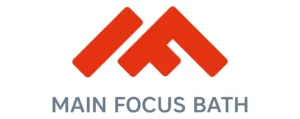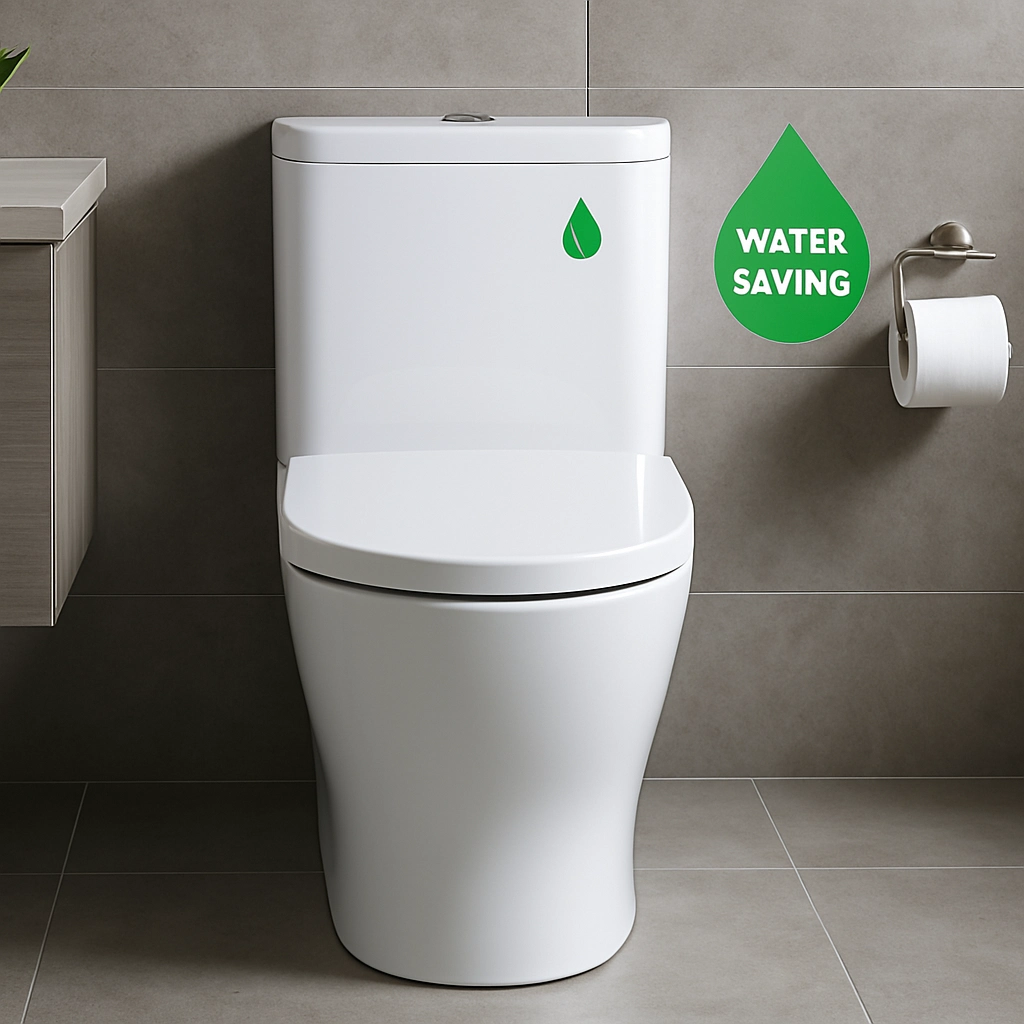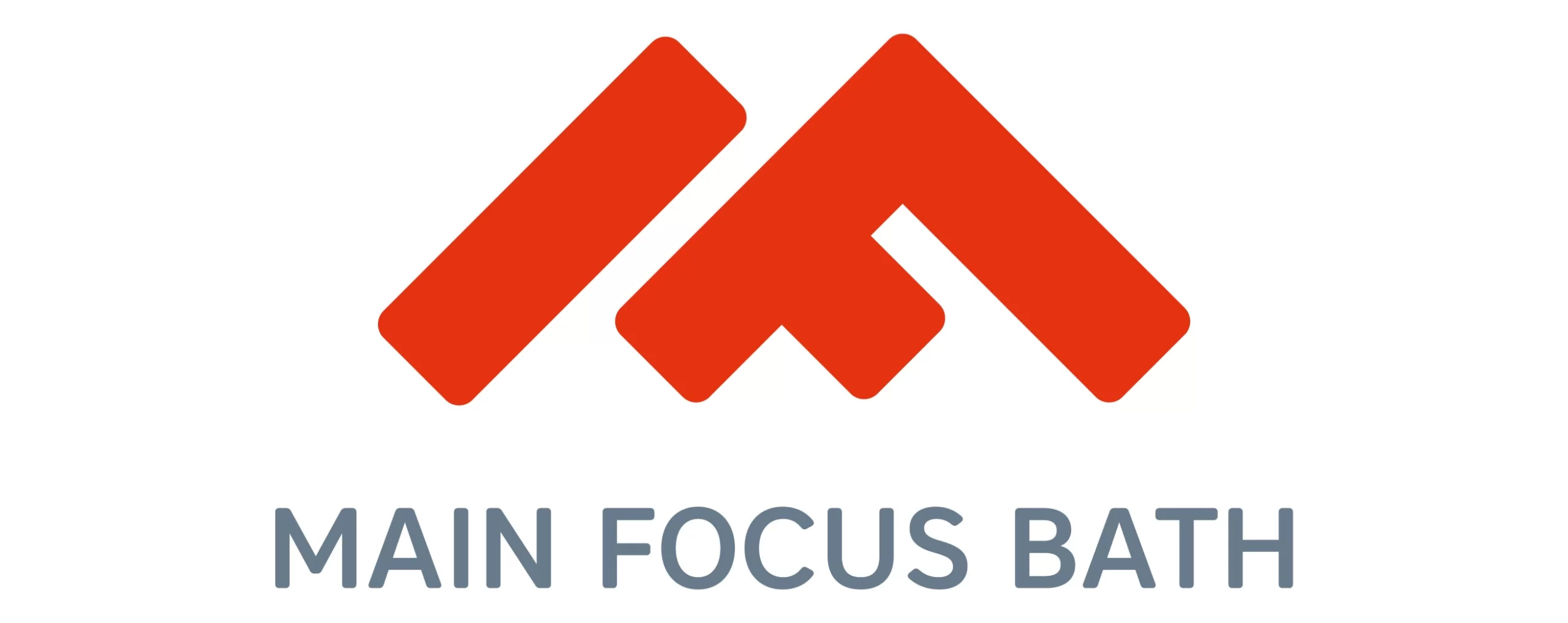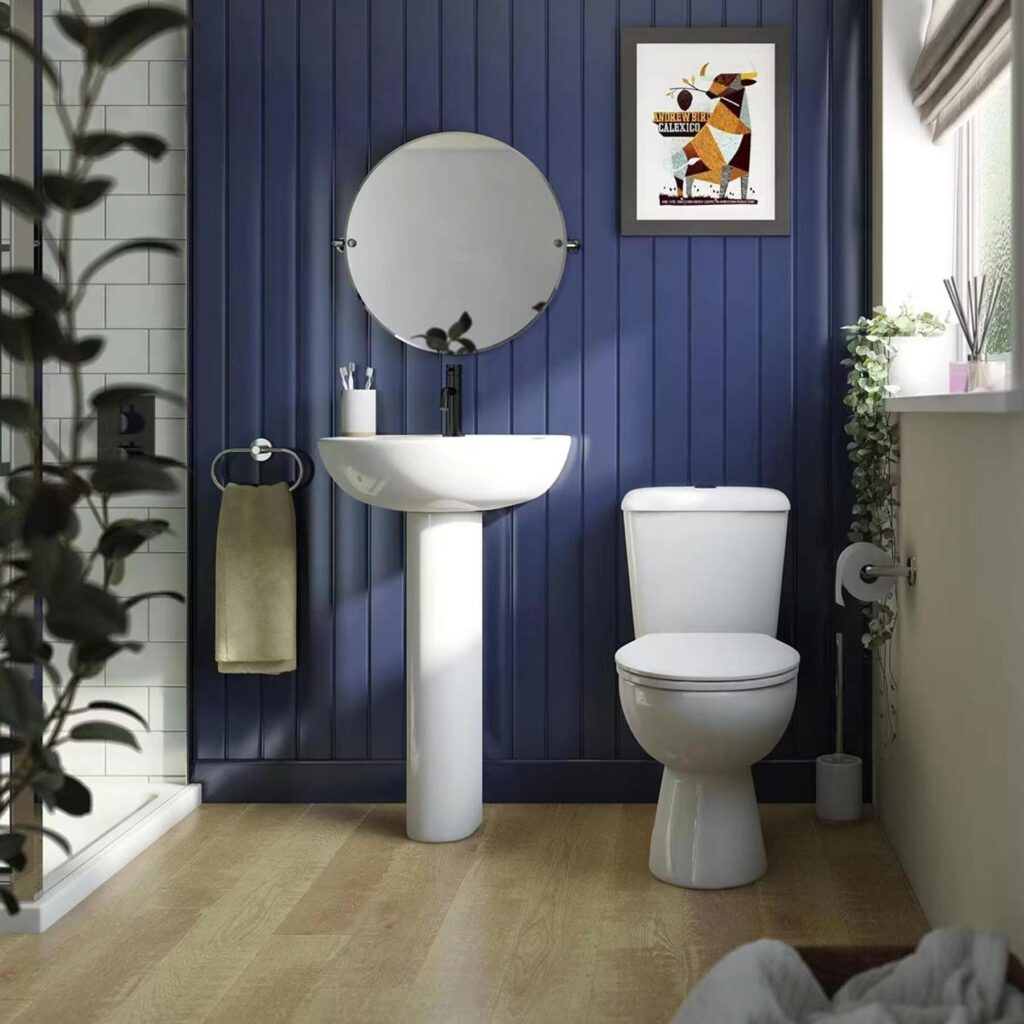Introducción
In the competitive world of sanitary ware, launching a private label ceramic toilet brand can be a game-changer for wholesalers and entrepreneurs. However, navigating the complexities of sourcing, branding, and market positioning can feel like walking through a minefield. How do you ensure quality while keeping costs manageable? Is it better to partner with a direct manufacturer or opt for a white-label supplier?
These challenges are precisely why understanding the nuances of private label ceramic toilet manufacturing is crucial. Whether you’re aiming for unique designs to stand out or looking to get to market quickly, your choice of supplier and strategy can make or break your venture. This guide will walk you through the essential steps, from finding reliable manufacturers to crafting a compelling brand identity, helping you avoid common pitfalls and capitalize on this lucrative opportunity.
Drawing from real-world case studies and industry expertise, we’ll explore the pros and cons of different approaches, ensuring you’re equipped to make informed decisions that align with your business goals. Whether you’re a seasoned wholesaler or an entrepreneur eyeing the sanitary ware market, this comprehensive roadmap will help you navigate the path to creating a successful private label ceramic toilet brand.
Sourcing Reliable Manufacturers for Your Private Label Ceramic Toilet Brand
Launching a private label ceramic toilet brand requires partnering with dependable manufacturers. As wholesalers and entrepreneurs, your success hinges on finding trustworthy suppliers who can deliver quality products consistently. Let’s explore how to identify and collaborate with top-tier ceramic toilet manufacturers to ensure your brand’s quality, reliability, and scalability.
“Selecting the right manufacturer is crucial for private label ceramic toilet brands, as it directly impacts product quality, scalability, and overall brand reputation.”
Importance of CE-Certified Manufacturers for Quality Assurance
When sourcing manufacturers for your private label ceramic toilet brand, prioritize those with CE certification. This European standard ensures products meet strict safety, health, and environmental requirements. CE-certified manufacturers, like MFBath, demonstrate a commitment to quality that can give your brand a competitive edge.
CE certification offers several benefits:
- Compliance with EU regulations
- Enhanced product safety and reliability
- Increased consumer confidence
- Easier access to European markets
By choosing a CE-certified manufacturer, you’re investing in the credibility and longevity of your private label brand. It’s a “smart move” that can pay dividends in customer satisfaction and brand reputation.
Evaluating Manufacturer Capabilities: Production Capacity and Support Services
Beyond certification, assess potential manufacturers based on their production capacity and support services. A reliable partner should be able to scale production to meet your growing demand while maintaining consistent quality.
Key factors to consider include:
- Manufacturing facilities and technology
- Quality control processes
- Production lead times
- Minimum order quantities
- Customization options
Additionally, evaluate the support services offered. Manufacturers like MFBath provide comprehensive assistance, including design consultation, packaging solutions, and after-sales support. These services can be invaluable in building and maintaining your private label ceramic toilet brand.
Comparing Direct Manufacturers vs. White-Label Suppliers
When sourcing for your private label ceramic toilet brand, you’ll encounter two main types of suppliers: direct manufacturers and white-label suppliers. Understanding the differences is crucial for making the right choice for your business.
| Bey | Direct Manufacturers | White-Label Suppliers | Promedio le industria | MFBath Offering |
|---|---|---|---|---|
| Product Control | Ka'anal | Limitado | Ka'a | Ka'anal |
| Customization | Extensive | Limitado | Moderado | Extensive |
| Minimum Order Quantity | Higher | Lower | 500 units | 300 units |
| Lead Time | Longer | Shorter | 45 days | 30-40 days |
| Cost | Lower | Higher | $60-$80/unit | $55-$75/unit |
Direct manufacturers like MFBath offer greater control over product specifications and quality. They can provide extensive customization options, allowing you to create unique designs that set your brand apart. While minimum order quantities might be higher, the cost per unit is often lower, benefiting your bottom line as you scale.
White-label suppliers, on the other hand, may offer quicker turnaround times and lower minimum order quantities. However, you’ll have limited control over product specifications and may face higher per-unit costs.
Case Study: Successful Partnerships with Manufacturers like MFBath
To illustrate the benefits of partnering with a reliable manufacturer, let’s look at a case study involving MFBath. A European wholesaler sought to launch a premium private label ceramic toilet brand. By collaborating with MFBath, they achieved:
- Customized designs that aligned with their brand identity
- CE-certified products that met stringent European standards
- Scalable production that grew with their market demand
- Comprehensive support from design to after-sales service
This partnership resulted in a successful product launch and sustained growth for the wholesaler’s private label brand. It underscores the importance of choosing a manufacturer that aligns with your brand vision and can support your long-term goals.
In conclusion, sourcing reliable manufacturers for your private label ceramic toilet brand is a critical step in your business journey. By prioritizing CE-certified manufacturers, evaluating production capabilities, and choosing between direct manufacturers and white-label suppliers, you can establish a strong foundation for your brand’s success. Remember, a trustworthy manufacturing partner like MFBath can be instrumental in bringing your vision to life and ensuring the quality and scalability of your private label ceramic toilet brand.

Customization vs. Speed: Choosing the Right Supplier Model
When launching a private label ceramic toilet brand, one of the most crucial decisions you’ll face is choosing between direct manufacturers and white-label suppliers. Each model offers distinct advantages and challenges, particularly in terms of customization capabilities and speed to market. Let’s explore these options to help you make an informed decision that aligns with your business goals.
“The choice between direct manufacturers and white-label suppliers can significantly impact your private label ceramic toilet brand’s uniqueness, launch timeline, and long-term scalability.”
Benefits of Direct Manufacturers for Unique Designs
Direct manufacturers, like MFBath, offer unparalleled flexibility when it comes to creating custom ceramic toilets. This model is ideal if you’re looking to differentiate your brand with unique designs or innovative features.
Key advantages include:
- Full control over product specifications
- Ability to create proprietary designs
- Higher quality control standards
- Potential for exclusive features
By partnering with a direct manufacturer, you can create a private label ceramic toilet that truly stands out in the market. This approach is “on point” for brands aiming to establish a distinct identity and cater to specific customer preferences.
Advantages of White-Label Suppliers for Faster Market Entry
White-label suppliers offer a quicker route to market, which can be advantageous if you’re looking to capitalize on current trends or test the waters with minimal investment.
Benefits of this model include:
- Shorter lead times
- Lower minimum order quantities
- Reduced initial investment
- Access to proven designs
This option allows you to launch your private label ceramic toilet brand more rapidly, potentially gaining market share before competitors. However, it’s important to note that customization options are typically more limited with white-label suppliers.
Balancing Cost, Scalability, and Design Flexibility
When deciding between direct manufacturers and white-label suppliers, consider how each model aligns with your long-term business strategy. Let’s compare these factors in a detailed table:
| Factor | Direct Manufacturers | White-Label Suppliers | Promedio le industria | MFBath Offering |
|---|---|---|---|---|
| Ta manaj inicial | Higher | Lower | $50,000 – $100,000 | $45,000 – $90,000 |
| Design Flexibility | Ka'anal | Limitado | Ka'a | Ka'anal |
| Minimum Order Quantity | 500-1000 units | 100-300 units | 400 units | 300 units |
| Lead Time | 60-90 days | 30-45 days | 45-60 days | 30-40 days |
| Long-term Cost Efficiency | Higher | Lower | Ka'a | Higher |
As the table shows, direct manufacturers like MFBath offer greater design flexibility and long-term cost efficiency, albeit with higher initial costs and MOQs. White-label suppliers provide faster market entry and lower upfront investment but may limit your ability to differentiate your brand long-term.
Pros and Cons of Each Model for Wholesalers
To help you make an informed decision, let’s summarize the pros and cons of each model for wholesalers looking to start a private label ceramic toilet brand:
Direct Manufacturers:
Pros:
- Complete control over product design and quality
- Ability to create unique, brand-specific features
- Better long-term cost efficiency for large-scale production
- Stronger intellectual property protection
Cons:
- Higher initial investment
- Longer lead times for product development
- Higher minimum order quantities
White-Label Suppliers:
Pros:
- Faster time to market
- Lower initial investment
- Smaller minimum order quantities
- Access to pre-designed, market-tested products
Cons:
- Limited customization options
- Less control over product quality
- Potential for similar products in the market
- Higher per-unit costs at scale
Ultimately, the choice between direct manufacturers and white-label suppliers depends on your specific business goals, budget, and timeline. If you’re aiming to create a distinctive private label ceramic toilet brand with long-term scalability, partnering with a direct manufacturer like MFBath could be the ideal choice. However, if rapid market entry and lower initial investment are your priorities, a white-label supplier might be more suitable.
Remember, the success of your private label ceramic toilet brand hinges on making informed decisions that align with your business strategy and market positioning. Whichever path you choose, ensure that your supplier can deliver the quality and support needed to build a thriving brand in the competitive bathroom fixtures market.

Designing Functional and Aesthetic Ceramic Toilets
In the competitive world of sanitary ware, designing ceramic toilets that strike the perfect balance between functionality, aesthetics, and regulatory compliance is crucial. As wholesalers, understanding these key elements can help you create a private label ceramic toilet brand that resonates with modern, environmentally conscious consumers. Let’s explore the essential aspects of designing toilets that meet both practical needs and stylistic preferences.
“Effective ceramic toilet design combines ergonomic comfort, water efficiency, and appealing aesthetics to meet the demands of today’s eco-conscious consumers.”
Key Design Considerations: Ergonomics and Water Efficiency
When designing custom ceramic toilets, ergonomics and water efficiency should be at the forefront of your considerations. These factors not only enhance user comfort but also appeal to environmentally aware customers.
Essential ergonomic features include:
- Comfortable seat height (typically 15-19 inches)
- Elongated bowl shape for added comfort
- Smooth, easy-to-clean surfaces
- Accessible flush mechanisms
Water efficiency is equally crucial. Modern toilets should aim for low water consumption without compromising performance. This approach is “a game-changer” in attracting eco-conscious consumers and meeting stringent environmental regulations.
Incorporating Stylish, Market-Driven Aesthetics
While functionality is paramount, the visual appeal of your ceramic toilets can significantly impact consumer choice. Current market trends favor:
- Sleek, minimalist designs
- Bold, statement pieces for luxury markets
- Matte finishes and unique color options
- Wall-mounted designs for a modern look
At MFBath, we understand the importance of customizable designs that align with these trends. Our expertise allows wholesalers to create private label ceramic toilet brands that stand out in the competitive sanitary ware market.
Meeting Regulatory Standards for Sanitary Ware
Compliance with regulatory standards is non-negotiable in the Sanitarios industry. Ensure your designs meet or exceed these key regulations:
| Regulation | Requirement | Estándar le industria | MFBath Compliance | Impact on Design |
|---|---|---|---|---|
| Eficiencia hídrica | <1.6 galones tumen descarga | 1.28 galones tumen descarga | 1.1-1.3 gallons per flush | Influences bowl shape and flush mechanism |
| ADA Compliance | 17-19 inch seat height | 17.5 inches | 17-19 inches (adjustable) | Affects overall toilet dimensions |
| Flush Performance | 350g MaP score minimum | 500g MaP score | 600g MaP score | Impacts trapway design and water channels |
| Material Safety | Lead-free glaze | <0.25% lead content | <0.1% lead content | Influences glaze composition and firing process |
| Noise Level | <70 dB during flush | 65 dB average | 60 dB average | Affects internal water flow design |
Meeting these standards not only ensures legal compliance but also builds trust with consumers who prioritize safety and efficiency in their purchasing decisions.
Trends in Eco-Friendly Toilet Designs
The growing awareness of environmental issues has led to innovative eco-friendly toilet designs. Some trending features include:
- Dual-flush systems for water conservation
- Composting toilets for off-grid applications
- Greywater recycling capabilities
- Use of sustainable materials in production
Incorporating these features into your private label ceramic toilet designs can appeal to environmentally conscious consumers and set your brand apart in the market.
In conclusion, designing functional and aesthetic ceramic toilets for your private label brand requires a careful balance of ergonomics, water efficiency, style, and regulatory compliance. By focusing on these key aspects and staying attuned to market trends, particularly in eco-friendly designs, you can create a product line that appeals to modern consumers. Remember, partnering with experienced manufacturers like MFBath can provide valuable insights and support in bringing your vision to life, ensuring your sanitary ware private label stands out in this competitive market.

Crafting Effective Private Label Agreements
When establishing a private label ceramic toilet brand, crafting a comprehensive and clear agreement with your manufacturer is crucial. A well-structured contract protects your brand, ensures quality control, and streamlines production timelines. Let’s explore the key elements of an effective private label agreement and how to navigate this critical aspect of your business.
“A well-crafted private label agreement is the foundation of a successful partnership between brands and manufacturers, ensuring clarity, quality, and mutual benefit.”
Essential Components of a Private Label Agreement
A robust private label agreement should cover several crucial areas:
- Product specifications and quality standards
- Pricing and payment terms
- Production and delivery timelines
- Intellectual property rights
- Exclusivity clauses (if applicable)
- Quality control procedures
- Warranty and liability terms
These components form the backbone of your agreement, providing a “solid foundation” for your partnership with the manufacturer. At MFBath, we understand the importance of clear, comprehensive agreements in fostering successful long-term relationships with our private label partners.
Protecting Branding Rights and Intellectual Property
When launching a private label ceramic toilet brand, protecting your intellectual property is paramount. Your agreement should clearly define:
- Ownership of designs and trademarks
- Confidentiality clauses
- Restrictions on the manufacturer’s use of your designs
- Procedures for approving any changes or modifications
These provisions ensure that your unique designs and branding remain exclusive to your private label, safeguarding your market position and brand identity.
Setting Quality Control Standards and Timelines
Quality control is critical in the sanitary ware industry. Your agreement should outline:
| Quality Control Aspect | Estándar le industria | MFBath Standard | Impact on Product | Contractual Requirement |
|---|---|---|---|---|
| Material Quality | Grade A ceramic | Premium Grade A+ ceramic | Durability and appearance | Specified in material clause |
| Glaze Thickness | 0.6-0.8 mm | 0.8-1.0 mm | Stain resistance and longevity | Defined in production specs |
| Eficiencia hídrica | 1.28 galones tumen descarga | 1.1-1.3 gallons per flush | Environmental impact | Listed in performance criteria |
| Defect Rate | <3% | <1% | Overall quality and returns | Specified in QC section |
| Production Lead Time | 45-60 days | 30-40 days | Market responsiveness | Outlined in delivery terms |
Clear quality standards and production timelines ensure consistent product quality and timely delivery, crucial for maintaining customer satisfaction and brand reputation in the toilet private label branding sector.
Common Pitfalls to Avoid in Supplier Contracts
When negotiating your private label agreement, be wary of these common pitfalls:
- Vague or ambiguous language
- Inadequate quality control measures
- Unclear dispute resolution procedures
- Insufficient protection of intellectual property
- Lack of flexibility for market changes
Avoiding these issues can prevent future disagreements and ensure a smooth working relationship with your manufacturer. At MFBath, we prioritize clear communication and comprehensive agreements to mitigate these risks for our sanitary ware private label partners.
In conclusion, crafting an effective private label agreement is a critical step in establishing your private label ceramic toilet brand. It sets the stage for a successful partnership with your manufacturer, ensuring quality, protecting your brand, and streamlining operations. By focusing on key components, protecting your intellectual property, setting clear quality standards, and avoiding common pitfalls, you can create a solid foundation for your brand’s growth in the competitive sanitary ware market.
Remember, partnering with experienced manufacturers like MFBath can provide invaluable support in navigating these agreements. Our expertise in the industry and commitment to clear, comprehensive contracts can help ensure that your journey in private label ceramic toilets starts on the right foot, setting you up for long-term success in this dynamic market.
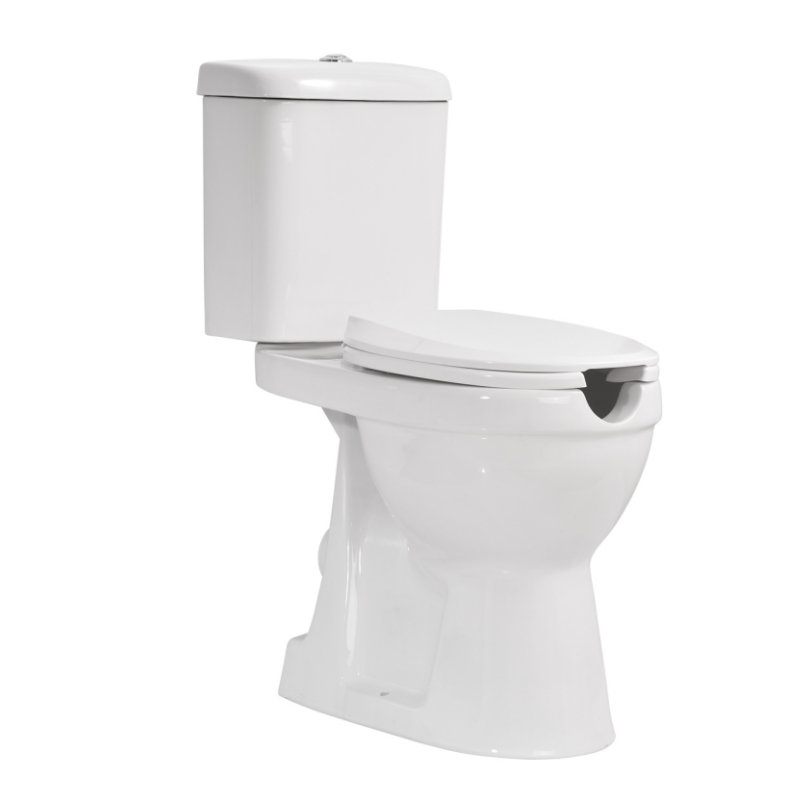
Marketing Your Private Label Ceramic Toilet Brand
Successfully marketing your private label ceramic toilet brand is crucial for attracting distributors, building market presence, and ultimately driving sales. In this competitive industry, a well-crafted marketing strategy can set your brand apart and highlight the unique value propositions of your products. Let’s explore effective approaches to promote your brand and connect with your target audience.
“Effective marketing of private label ceramic toilets combines digital visibility, industry networking, and a focus on unique product features to build a strong brand presence in the competitive sanitary ware market.”
Leveraging Digital Platforms for Brand Visibility
In today’s digital age, establishing a strong online presence is essential for any brand, including private label ceramic toilet manufacturers. Here are key strategies to enhance your digital visibility:
- Develop a professional, user-friendly website showcasing your product range
- Utilize search engine optimization (SEO) to improve online visibility
- Engage in content marketing through blogs and social media
- Implement targeted pay-per-click (PPC) advertising campaigns
- Leverage email marketing to nurture leads and maintain customer relationships
By effectively utilizing these digital platforms, you can increase brand awareness and attract potential distributors and retailers. This approach is “spot on” for reaching a wider audience in the wholesale ceramic toilets market.
Participating in Trade Shows to Connect with Retailers
Trade shows remain a valuable platform for networking and showcasing your private label ceramic toilet brand. These events offer unique opportunities to:
- Display your product range to potential buyers
- Network with industry professionals and decision-makers
- Gather market insights and stay updated on industry trends
- Conduct live demonstrations of your products’ features
By participating in relevant trade shows, you can create lasting impressions and forge valuable connections in the sanitary ware industry.
Highlighting Unique Value Propositions: Quality and Design
To stand out in the competitive private label ceramic toilet market, it’s crucial to emphasize your brand’s unique value propositions. Focus on aspects such as:
| Característica | Estándar le industria | Your Brand’s Offering | Marketing Angle | Consumer Benefit |
|---|---|---|---|---|
| Eficiencia hídrica | 1.28 galones tumen descarga | 1.1 galones tumen descarga | Eco-friendly design | Lower water bills |
| Material Quality | Standard ceramic | Premium vitreous china | Durability and longevity | Long-term cost savings |
| Design Options | Limited styles | Wide range of customizable designs | Aesthetic versatility | Matches various bathroom decors |
| Warranty | 1-2 ja'abo'ob | 5-year comprehensive warranty | Reliability and trust | Peace of mind |
| After-sales Support | Basic customer service | 24/7 dedicated support team | Superior customer care | Quick resolution of issues |
By highlighting these unique features, you can differentiate your brand and appeal to quality-conscious distributors and consumers alike.
Analyzing Case Studies of Successful Sanitary Ware Brands
Learning from successful brands in the industry can provide valuable insights for your marketing strategy. Consider the following case study:
A European private label ceramic toilet brand partnered with MFBath to launch a new eco-friendly product line. Their marketing approach included:
- Creating a compelling brand story focused on sustainability
- Developing visually striking product catalogs and brochures
- Implementing an influencer marketing campaign targeting interior designers
- Offering exclusive deals to early-adopter distributors
The result was a 40% increase in distributor partnerships within the first year and a significant boost in brand recognition among eco-conscious consumers.
In conclusion, marketing your private label ceramic toilet brand requires a multi-faceted approach. By leveraging digital platforms, participating in trade shows, highlighting your unique value propositions, and learning from successful case studies, you can create a strong brand presence in the market. Remember, partnering with experienced manufacturers like MFBath not only ensures high-quality products but also provides valuable insights and support in your marketing efforts. With the right strategies and a focus on quality and innovation, your private label ceramic toilet brand can thrive in this competitive industry.
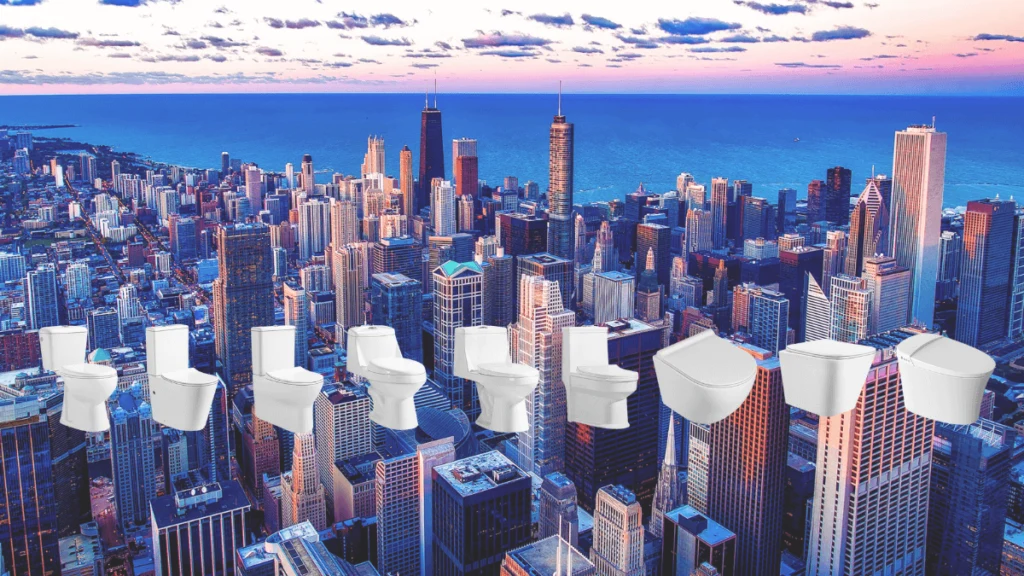
Conclusión
After years in the sanitary ware industry, I’ve seen firsthand how launching a private label ceramic toilet brand can be a game-changer for wholesalers and entrepreneurs. It’s not just about having a product—it’s about creating a brand that stands for quality, innovation, and customer satisfaction.
From sourcing reliable manufacturers to crafting effective agreements and marketing strategies, every step is crucial. Remember, partnering with a CE-certified manufacturer like MFBath isn’t just a **”smart move”**—it’s an investment in your brand’s future. With the right approach, your private label ceramic toilet brand can make a real splash in this competitive market.
So, take that first step. Whether you’re aiming for unique designs or rapid market entry, the opportunities in private label ceramic toilets are waiting. Here’s to your success in transforming the bathroom experience, one toilet at a time!
Jejeláas k'at chi'ob
-
Q1: What is a private label ceramic toilet?
A1: A private label ceramic toilet is a toilet manufactured by a third-party company that is sold under a retailer’s brand name. This arrangement allows retailers to customize the product’s design and features while taking advantage of existing manufacturing capabilities.
-
Q2: How can I start a private label ceramic toilet business?
A2: To start a private label ceramic toilet business, you need to identify a manufacturer who can produce the toilets, choose your designs and specifications, establish a brand, and then market your products through retail channels or online platforms.
-
Q3: What are the benefits of private label bathroom fixtures?
A3: Private label bathroom fixtures offer several benefits, including customization to fit specific target markets, improved brand loyalty, and potentially higher profit margins as you control pricing and production.
-
Q4: What factors should I consider when selecting a manufacturer for private label toilets?
A4: When selecting a manufacturer for private label toilets, consider their quality control processes, production capacity, lead times, pricing structures, and their experience with sanitary ware products to ensure that they meet your standards.
-
Q5: What customization options are available for private label ceramic toilets?
A5: Customization options for private label ceramic toilets may include color choices, design styles, sizes, features such as water-saving mechanisms, and branding options like logos and packaging.
-
Q6: Are there any challenges associated with private labeling ceramics?
A6: Challenges associated with private labeling ceramics may include finding reliable manufacturers, managing inventory, ensuring compliance with safety standards, and effectively marketing your brand to stand out in a competitive market.
-
Q7: How does private labeling compare to traditional branding for ceramics?
A7: Private labeling allows for more flexibility in design and pricing compared to traditional branding, as retailers can create unique products tailored to their consumers’ preferences. However, traditional brands may have more established reputations and recognition.
-
Q8: What is the typical cost structure for private label ceramic toilets?
A8: The cost structure for private label ceramic toilets typically includes manufacturing costs, shipping and handling, marketing expenditures, and retail pricing strategies. It’s crucial to analyze these costs to ensure profitable operations.
K'aanan ma' ichil le kúuchilo'
- Private label ceramic coatings by Kovalent
- Trends in Private Label Ceramics
- Private Label Ceramic Solutions | FEYNLAB®
- D&M Private Label Partner Overview
- CleanPak Products – Private Label Options
- Ceramic Water Closets Manufacturer in India
- Custom Ceramic Manufacturing Services
- Private Label Toilets Discussion
